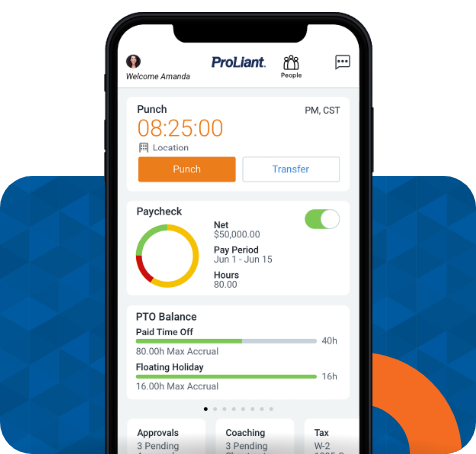Over the past few years, quiet quitting and the great resignation have dominated headlines in the world of HR, referring to how employees are disconnecting and leaving their organizations en masse. In 2023, a new trend is happening in the workplace called “quiet hiring” as a reaction to economic uncertainty and a lack of talent available to fill empty roles.
Let’s take a look at this new trend and how employers are tapping into their existing talent to fill empty roles and spark engagement in their employees.
What is quiet hiring?
Quiet hiring is a term used to describe “a way to obtain new talent without hiring new employees.” Companies struggling to fill open roles are using the strategy of quiet hiring to tap into the talent of current employees, shifting their roles, moving them to new departments, or adding responsibilities to fill in gaps within the organization. These changes may be temporary or long-term and require a lot of strategic thinking, planning, and knowledge about existing talent and roles.
According to Emily Rose McRae, senior director of research at Gartner, “The idea is that you have a finite amount of talent in your organization, and you need to make a call about where it's going to have the best impact." For example, you might temporarily take a data analyst from human resources and move them into a much-needed data scientist role because you know it will take a long time to fill that position. In this case, you’re shifting talent around and deprioritizing the role of one department to increase productivity in another while you recruit new employees.
How do you use quiet hiring effectively?
Quiet hiring is meant to fill an immediate need, prioritizing “the most crucial busines functions at a given time, which could mean temporarily mixing up the roles of current employees.”
In order to implement this strategy effectively, leaders will need to do the following:
- Clearly explain to employees why the change is necessary for company success.
- Express how valued employees are and how temporary the change will be.
- Position the change as an opportunity for the employee to grow within the organization.
Additionally, employers must look to employee upskilling as an essential part of their recruitment and retention strategy and ensure they are prepared to implement quiet hiring with the necessary training and development tools in place.
How do you implement wide-scale upskilling within an organization?
For an organization to quickly shift employees into new roles, it is necessary to provide accessible training. Learning management systems help organizations create tailored courses and training modules for employees to improve or develop new skills.
In addition to assisting with quiet hiring strategies, providing skills training for employees makes it easier to recruit new talent and build employee loyalty, as these numbers from a recent Gallup Report show:
65% of workers believe employer-provided upskilling is very important when evaluating a potential new job.
71% of workers say job training and development increased job satisfaction.
61% of workers say upskilling opportunities are essential to staying at a job.
Use this upskilling checklist to help attract the talent you need and keep your current talent around for years to come: Download Checklist.
Proliant’s LMS has essential features needed for successful and efficient employee upskilling.
Proliant’s learning management system has thousands of pre-developed courses that cover a wide variety of industries.
Proliant’s LMS allows you to do the following:
- Train employees in the skills necessary for new roles
- Manage training classes in a central location
- Empower employees to develop their own training paths
- Ensure employees are up-to-date on relevant legislation, regulations, or policies applicable to their position or industry
At Proliant, we believe a well-educated workforce makes businesses more productive and profitable. Our system extends training to all levels of an organization while providing meaningful insights into essential learning indicators.
If you’d like to learn more about our learning management system, please request a meeting with our specialists.







No Comments Yet
Let us know what you think